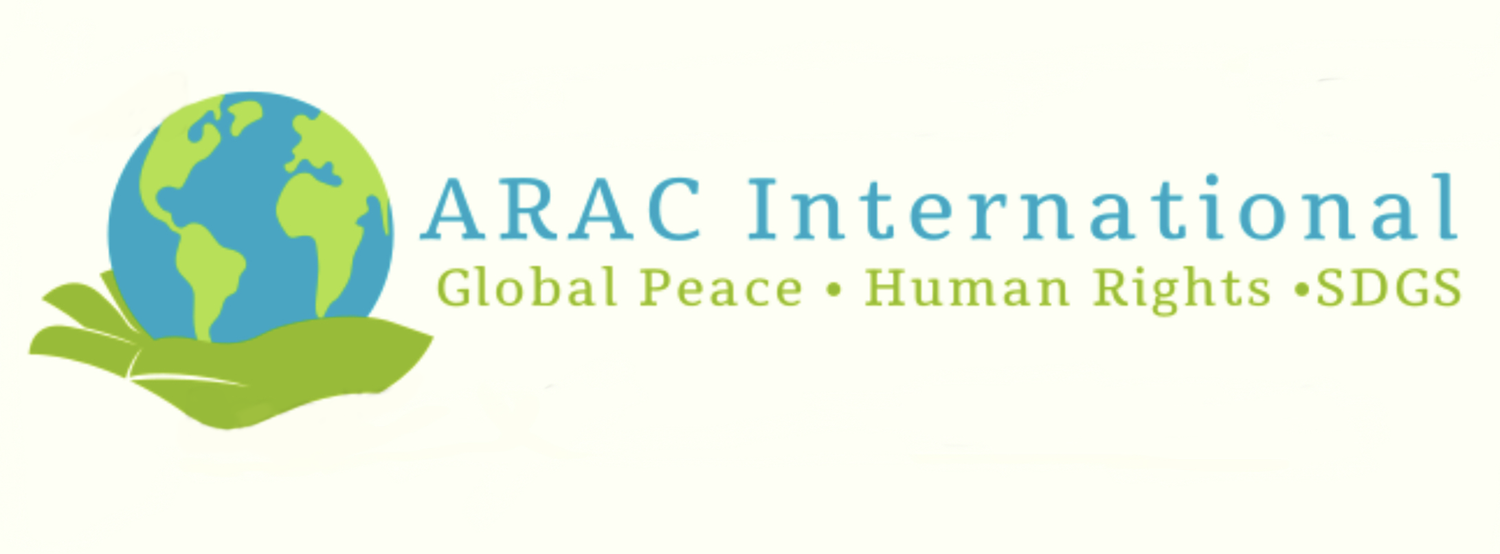Latest Developments in DR Congo: Protests, Conflict, and Economic Shifts
Latest Developments in DR Congo: Protests, Conflict, and Economic Shifts
The Democratic Republic of Congo (DRC) is once again at the center of global attention as ongoing protests, economic expansions, and international investigations highlight the nation’s complex challenges. In the eastern city of Butembo, youth-led protests have surged, with demonstrators opposing the M23 rebel group and calling for stronger military action to reclaim rebel-held territories. The protests reflect widespread dissatisfaction with peace talks involving Rwanda, which many accuse of backing the M23, further complicating regional relations. These protests underscore the urgent need for solutions that address both security and political tensions in the region.
At the same time, the mental health crisis in eastern Congo continues to worsen. Decades of conflict have left millions displaced, with many suffering from deep psychological trauma. Displacement camps, where individuals like Nelly Shukuru face unbearable conditions, offer limited mental health support. Addressing this growing crisis requires not only international aid but also long-term mental health programs to help rebuild communities torn apart by violence.
Meanwhile, economic opportunities in the DRC are also making headlines. Tradex, a subsidiary of Cameroon's National Hydrocarbons Corporation, is set to enter the DRC’s oil market in 2025, marking a significant expansion of Central Africa’s energy sector. In addition, Gécamines has begun exporting germanium, a valuable resource used in modern technology, from its new plant in Lubumbashi. While these developments offer potential for economic growth, they also raise questions about governance, transparency, and the long-term impact on local communities.
On the international front, the International Criminal Court (ICC) has intensified its investigations into war crimes committed in the DRC, focusing on the actions of armed groups like M23. This renewed push for justice is crucial for addressing the impunity that has allowed violence to persist for years. However, successful prosecutions will require the cooperation of local and international actors to ensure accountability.
The Catholic Church and other civil society groups are also playing an important role in advocating for peace. Religious leaders in the Great Lakes region have called for unity and reconciliation, emphasizing the need for dialogue between nations affected by the ongoing conflicts, including Rwanda and Uganda. Their efforts highlight the critical role that civil society can play in peacebuilding and conflict resolution.
Source: ARAC latest Newsletter Post
Call to Action
At ARAC International, we are committed to advocating for peace in conflict zones and supporting humanitarian efforts to uplift marginalized groups across Africa. But we cannot do it alone. By subscribing to our newsletter, you can stay informed on the latest developments in the DRC and other regions, and by donating, you can help us continue our vital mission. Your contribution allows us to continue our work to support peace initiatives worldwide, tell the stories that need to be at the forefront to help aid displaced individuals, and promote mental health programs in conflict-affected areas.
Together, we can make a difference. Subscribe now and Donate today to join the fight for peace and justice in Africa’s most vulnerable communities.

